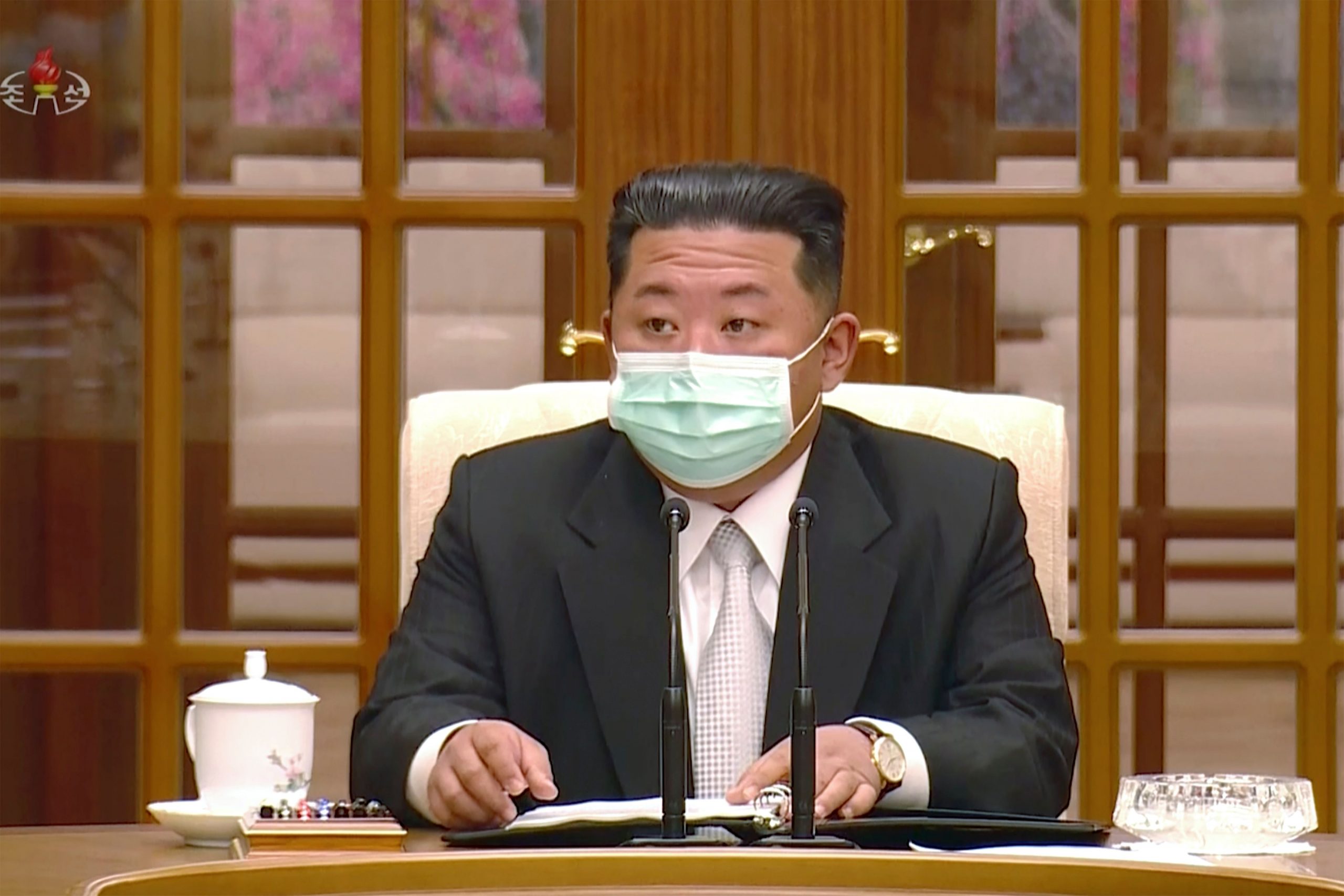North Korea on Thursday said that six people had died of COVID-19 and hundreds of thousands were in isolation, a day after it publicly announced its first-ever coronavirus infection since the beginning of the pandemic in 2020.
North Korean state media, the Korean Central News Agency (KCNA), reported that since April 2022, more than 350,000 people had shown signs of fever, with 18,000 new cases being recorded on Thursday alone.
Also read | Why is South Korea making ‘audacious’ plans to help North Korean economy?
The media outlet further said that among those infected, 162,200 had received treatment, while 187,800 were still being treated in isolation.
The KCNA also confirmed that among the six who had died, one had been infected by the highly transmissible omicron variant of the coronavirus, something that may be driving the surge in fever cases across the country.
Also read | How North Korea is bribing South Koreans with crypto for military secrets
That being said, it is not immediately clear how many of the 350,000 people have COVID-19: the Associated Press reported that Pyongyang likely lacks adequate testing kits, thereby making widespread testing a difficult, if not impossible, proposition.
Experts also fear that the reported COVID-19 outbreak in the country could exacerbate worsening socio-economic conditions: North Korea is in the grips of a food crisis, has antiquated healthcare systems, and likely lacks access to COVID-19 vaccines.
Also read | North Korea to test nukes this month? US certainly thinks so
Although Pyongyang had announced the development of a COVID jab in August 2020, there has been no word on said jab ever since. North Korea has also thus far shunned offers by the United Nations-backed Covax initiative for vaccine distribution, fearing international monitoring.
However, Pyongyang’s sudden public admission of growing COVID-19 cases on Thursday perhaps signals a change in the Kim Jong-un administration’s stance on the pandemic, and could suggest that the situation in the country is far more serious than what is being reported by state media.







